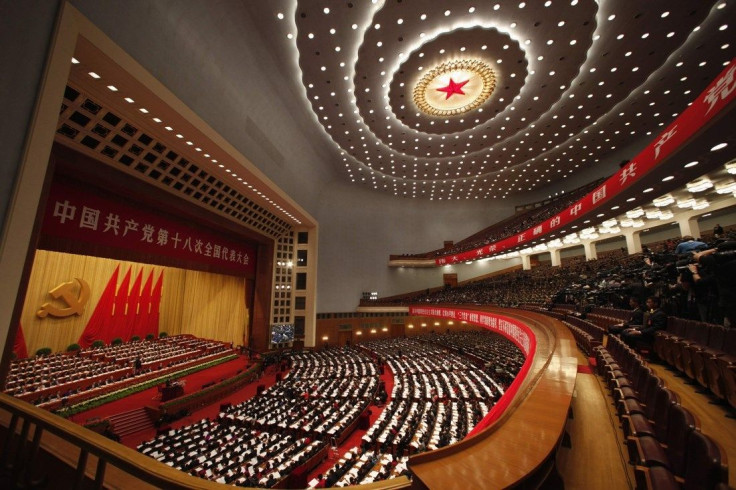New Chinese Law Bans Government Officials From Having Mistresses Or Gambling

Though it’s certainly never been encouraged, one district in China has made it against the law for civil servants to have mistresses.
The state-run China Daily newspaper found that the Dadong district of Shenyang, the capital city of northeastern Liaoning province, has inaugurated the province’s first law on “behavior norms” for its civil servants. Specifically, it prohibits extramarital affairs, the local Huashang Morning Post revealed.
The law will reportedly apply to about 5,000 government employees in the district, and prohibit adultery not only during work hours but even during personal time. Aside from that, gambling, drug abuse and spreading rumors on the Internet during personal time is also prohibited.
The image of the average Party official has taken a hit in recent years as an increased amount of government employees have their debauchery exposed by disgruntled mistresses. For various reasons, women have come forward revealing officials' misuse of government money, or in other cases, revealing unlawful wealth, and corruption.
In many instances, mistresses were instrumental in taking down many corrupt officials. Last summer, a 26-year-old woman named Ji Yingnan found out she was a mistress when she discovered that her fiancé, a deputy director at the State Administration of Archives, Fan Yue, was married and even had a teenage-aged son. Feeling duped and betrayed, Ji made it her mission to reveal not just Fan’s unfaithfulness, but also his spending habits, something that is much more of interest to the Communist Party. Ji made Fan’s wealth known to the public, releasing hundreds of photos online of luxury vehicles, designer duds, and cash that was gifted to her by the official. Officials for the most part earn modest salaries, officially, which would not be able to fund such a lifestyle for one’s own family, let alone for a woman on the side. The implication of such extravagant purchases means one thing: corruption.
According to Wu Changchen, a professor who had a hand in amending China’s marriage laws, there is a significant relationship between extramarital affairs and political corruption. Speaking to Taiwanese publication Want China Times, Wu estimated that around 95 percent of officials investigated for corruption have also been found to have maintained inappropriate relationships outside their marriage.
© Copyright IBTimes 2025. All rights reserved.






















